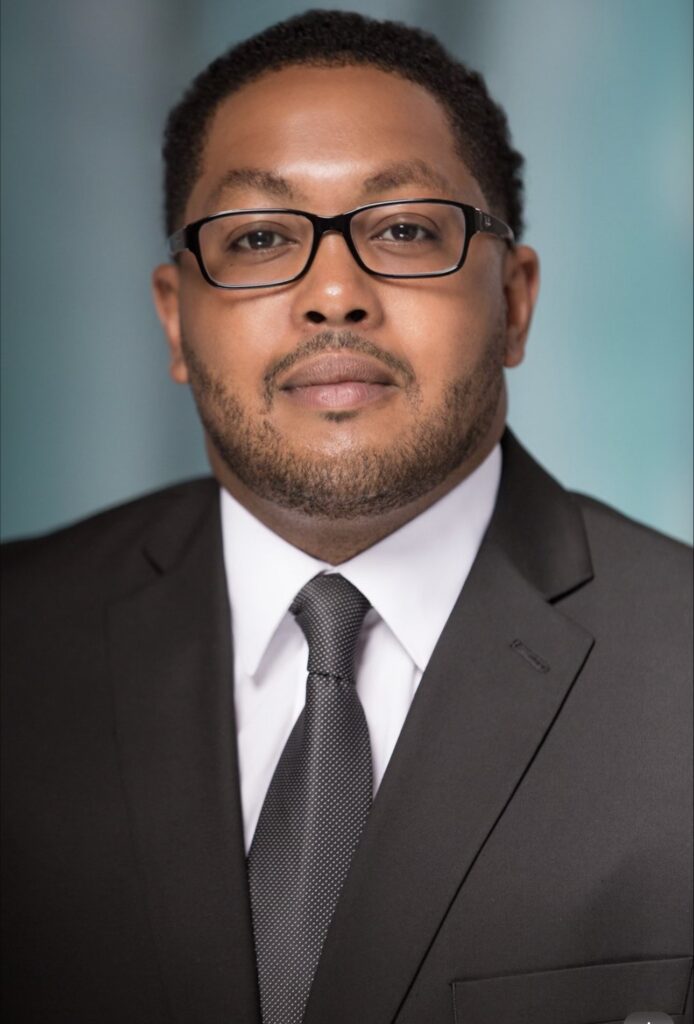Throughout the pandemic, American workers have had to make some tough choices regarding their work and home life. Many parents have had to manage the balancing act of staying home with their children in the age of virtual learning. Workers have had to navigate the new landscape of working from home. Companies also have had to offer more than just a good salary to retain their talent. Workplace culture and professional development opportunities are some of the things that have become more important to the American worker. The pandemic really shined a light on how companies really value their employees. In an article in Harvard Business Review, they provided the U.S. Bureau of Labor Statistics information, “4 million Americans quit their jobs in July 2021. Resignations peaked in April and have remained abnormally high for the last several months, with a record-breaking 10.9 million open jobs at the end of July.” I also participated in the great resignation as I resigned from my last position in October 2021 to take a new path in my career journey.

FEMI Magazine had a chance to talk with Janelle Reid. She has served as the highest-ranking African American & Women global executive V.P. of H.R. in over 2 countries-(U.S. & Canada). Reid successfully transitioned from Corporate America to a full-time business owner while making six figures. She has expanded her skills to the marketplace, teaching her methods in her new book, “Awakening Your Value Proposition: How To Be At Your Best To Deliver Solutions.”
Janelle Reid gives us her take on the occurrence in the job market known as The Great Resignation. “The Great Resignation has boldly shown organizations that there is literally no greater value & challenge right now than hiring and retaining talent. Companies are scrambling to find innovative strategies & solutions to win the talent war. These include identifying new sources of talent, optimizing job design, shifting from jobs to skills, and delivering a people-centered organization. Attracting and retaining talent needs to have intentional energy, effort & and output. It’s going to take being more intentional between just simply offering a job versus the opportunity to grow, learn, evolve & be valued as a contributor.”
For many people, Like myself, it has also been the perfect opportunity to make a career change or career move for many people. The H.R. extraordinaire provides four ways to take advantage of the job market.
- Define & measure what success means for you. If you don’t know, then you’ll always be chasing a new career, job, or business that won’t fulfill you.
- Know your worth before you go looking for a new career change. Before coming to the table, you should know what you want and stay true to that don’t ever back down from it! You’re more than a paycheck; look for MORE, a relationship of reciprocity.
- Take a look at all the experiences you’ve learned & gained training you’ve attended, even if you don’t think they are valuable to other companies and businesses. Don’t discount your worth!
- Look at the pain points within industries and companies and determine what skill sets you to have that are solutions. Look at the company’s DEI strategies & development programs and see how you can benefit from joining the company.
Having a great value proposition is a staple for a successful company. This lets your consumers know why they should invest in your goods or services. Reid helps people find their own value proposition to help them succeed in their careers. How can someone really identify their value proposition? She gives us some questions to ask to tap into your value.
How are you electable?
An employee can stand out by being electable. To be electable means not only mastering your job but constantly raising your hand to help others and take on additional tasks. However, be mindful to not wear yourself too thin and remember when it’s ok to say your plate is full.
What critical thinking skills do you have as your strengths?–
Be a critical thinker, not just someone who takes orders and completes tasks. Challenge the status quo by looking at every angle, critically thinking of what is being asked of you, and having the confidence and autonomy to complete the task. Now more than ever, that is valuable.
How are you proactive with bringing solutions but also helping others be proactive?
Find something that needs fixing or improving and present ideas on how to do so to your manager and help others do the same.
How do you contribute in a meaningful way as an effective communicator?–
It’s not just about doing your job, but doing the job that matters collaboratively. How you respond to pressure and communicate sets you apart and makes you pivotal to businesses & organizations.
How do you exercise flexibility?–
Your ability to respond to unpredictable situations and changing expectations is valuable. Flexibility is an essential problem-solving attribute and exposes you to new experiences & new ideas.
Companies must also do their part for employees to fully reach their full potential. We wanted to know how companies can do their part when providing professional development for their employees. “Upskilling and prioritizing internal talent is instrumental for businesses to try to begin to win the talent race. Upskilling programs take employees to the next level, and it’s a win for both the company and the employee. It’s all about relationships of reciprocity. One way decision-makers can upskill their employee base is to invest in employee development programs.” says Reid.
“Professional development benefits, not just employees, but also businesses.” I am also an advocate for professional development for employees, primarily when they may not provide significant compensation. Employees are looking to grow in their fields. They can apply that knowledge to their organizations and companies. Looking at the bigger picture, it is excellent for everyone’s bottom line.
Unfortunately, some companies or organizations may not have the budget for professional development opportunities. There are ways for employees who still want to seek out professional development opportunities. Reid recommends connecting with your employer about the learning opportunities you’re interested in and demonstrating how these programs are helpful.
“Once you’ve come up with your list, write down what makes these initiatives beneficial. The key to selling your employer on paying for your continuing education is to show your leader the return on the company’s investment. Explain how your professional development will benefit the company or business. Be sure to focus on why and how it benefits the company, so it’s not just about what you gain, remember it’s all about relationships of reciprocity for the win-win.” Reid states.
When figuring out the next steps in your career or where your journey lies, take it step by step. Burnout is real, and finding balance is vital. We get some tips from the six-figure boss on handling work-life balance.
- Establish explicit, consistent & discipline work-life boundaries. Without boundaries in both your work and home life, burnout is inevitable.
- Know your assignment- every position, promotion, new job, even business should have time bounds assignments once you know what you want your end state to be.
- Set a schedule for your work hours & personal time. Be consistent with sticking to it. Setting a schedule establishes order & structure for your day, which is a critical part of managing your time.
- Once you’ve got your core hours set, block off time to do deep, focused work and/or for meetings. Take ownership of your well-being strategy!
Learn more about Janelle Reid by visiting her website or Instagram! Be sure to check out her upcoming conference by clicking here!
Follow Us On Social Media!




